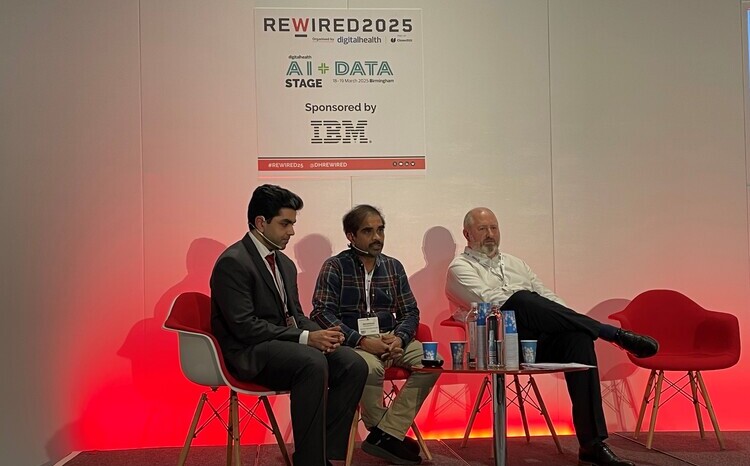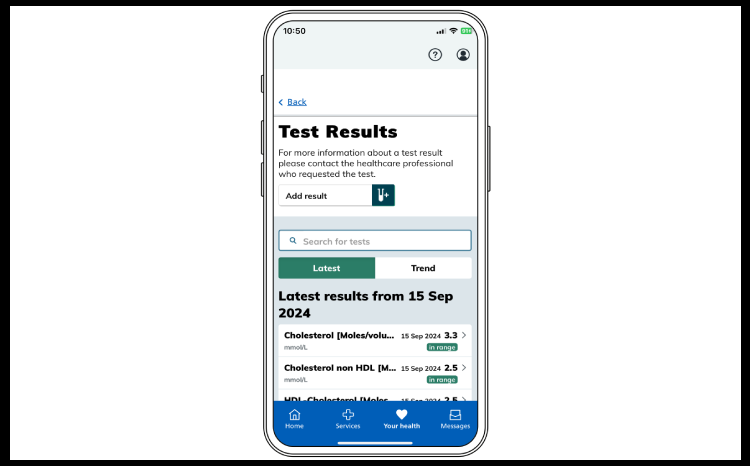PKB will add genomics to records
- 10 September 2014

Patients Know Best has formed a partnership with Tute Genomics to create genomic profiles for patients as part of their health record.
The patient records access portal has teamed up with the genomics analysis company, which operates on a cloud-based software platform to create a full genetic profile for patients, stored in their medical record.
Patients Know Best gives patients online access to their medical records and care plans, and allows clinicians and patients to message securely through the site and hold online consultations.
Dr Mohammad Al-Ubaydli, founder and chief executive of the company, said that when doctors know a patient’s genomic profile, they can design specialised care plans tailored to the condition.
“For example, gene tests can predict whether or not a patient with breast cancer will benefit from a certain type of chemotherapy, or a patient with an infection can safely receive powerful antibiotics," said Al-Ubaydli. “We believe that before long, everyone will get his or her genome sequenced.”
Tute Genomics specialises in creating genomics profiles that “even the most specialist doctors” can use and the companies hope that the partnership means that a patient will ultimately receive better healthcare services.
The move comes as NHS England has set out its plans to have 100,000 genome sequences done by the end of 2017 and expects to select five genomics centres in the first wave of the project by January this year. Prime Minister David Cameron also recently announced a £300m investment into the national genome project.
Dr Reid Robison, chief executive of Tute Genomics, said the company is working hard to make genomics more accessible to healthcare, research and consumers.
“Over the past few years genomic sequencing – 'mapping out' a person’s full DNA – has become far cheaper and therefore far more feasible,” he said. “Full genome sequencing involves testing 25,000 separate gnomes and 'reading off' 6 billion letters (3 billion ‘base pairs) in any given human genome.”
He also added that costs have dropped from in the billions to sequence a person’s genome ten years ago, to around £600 ($1,000) today.




